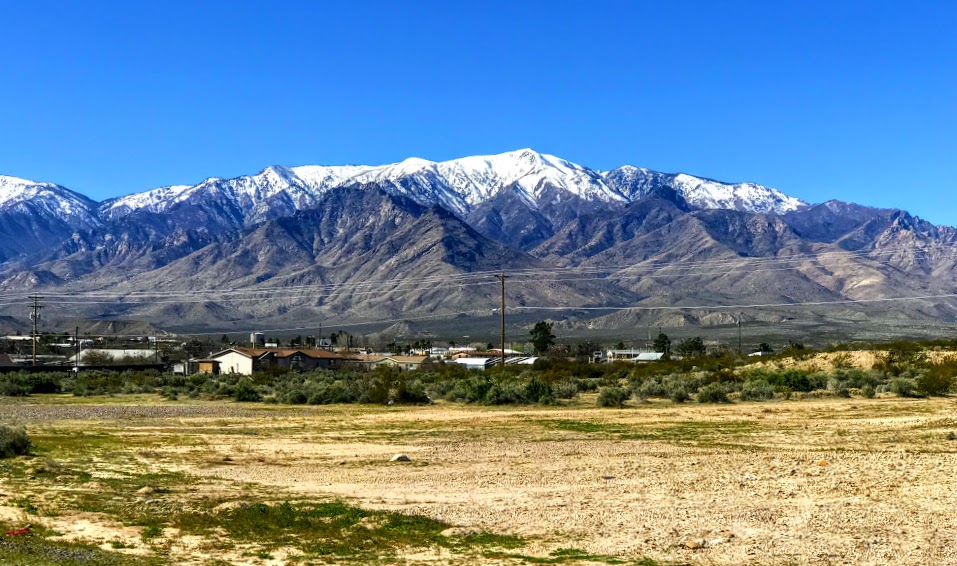
This article has been started and scrapped time and time again. An American studies blog should run Native American stories regularly and most definitely for Native American Heritage Month this November. But then I, the author, am just another white European trying to share somebody else’s stories. So here’s what I decided to do: I’ll use this platform as a reminder to listen elsewhere, all year around.
My first idea was to draw attention to the Inflation Reduction Act, IRA for short, passed as a law on August 16, 2022. Dubbed a climate bill for the history books, responses from Native climate and environmental justice activists have been far from unanimously celebratory. While some see the IRA as a potential first step toward compensation of people(s) on the frontlines combatting climate change, several grassroots organizations find the law to be another instance of heavily impacted BIPOC voices being spoken over.
Words that echo through the many quotes are continuing, historical, systemic, compromise, or sacrifice. They point not only to many current debates but also to a legacy of diverse Native voices often left out of conversations that directly concern them. And we’re not talking right-wing conservatives or flaming believers in the Manifest Destiny.
Take stolen Native artifacts and sacred sites, for example. It’s not more excusable just because it’s done for ‘progressive’ pursuits, be that economic development, renewable energy, education, or science. Why on earth do various universities or Christian institutions have more of a right to make use of Mount Graham (Apache: Dził Nchaa Si An) in their search for answers than do the people whose whole history is tied to that place? Why is it still big news that museums around the globe finally return Native items stolen in wake of the massacre at Wounded Knee, 130 years ago? The most significant symbol for various perspectives on the truth might be Mount Rushmore or Tȟuŋkášila Šákpe, The Six Grandfathers. In all of these examples, the fight for actual restitution to Native American peoples has been going on for decades.
Again, these are just a couple of cases in a long and ongoing history of only heeding Indigenous opinions when they fit in with capitalist Western ideas of progress. They show that we have to face inequalities within presumably progressive institutions, movements, and messaging. Otherwise, the future we’re looking at is just another modification of an inequitable system that justifies its discriminatory existence past and present.
And yes, that makes discussions even more difficult. But only because we get closer to the actual complexity of issues like climate change, animal rights, histories of oppression, and religiousness. If we have come to a place where there’s Big Green, a critical nickname for the biggest environmental organizations in the U.S., then maybe Big Green’s use of the term climate justice really is questionable considering their marginalization of smaller eco and ethnic groups.
I don’t have the proper words for this particular debate. But who actually does? The answer is right in front of us: BIPOC people. So for Native American Heritage Month, seek out their platforms, and let’s extend our knowledge beyond one single opinion or organization.
In addition to the links referred to in the article, here are a few others I’d recommend:
- a place to start listening: https://www.youtube.com/watch?v=wD3-6JIUF7M
- https://climatejusticealliance.org/
- https://www.ienearth.org
- https://www.silainuat.org/
- https://diversegreen.org/
- https://blog.arcadia.com/indigenous-climate-activists-to-know/
- https://parade.com/954785/kellyboutsalis/instagram-accounts-to-follow-to-learn-about-indigenous-american-activism/?soc_src=social-sh&soc_trk=ma
- https://blog.nativehope.org/six-grandfathers-before-it-was-known-as-mount-rushmore
- http://mountgraham.org/
3,612 Total Views, 14 Views Today






